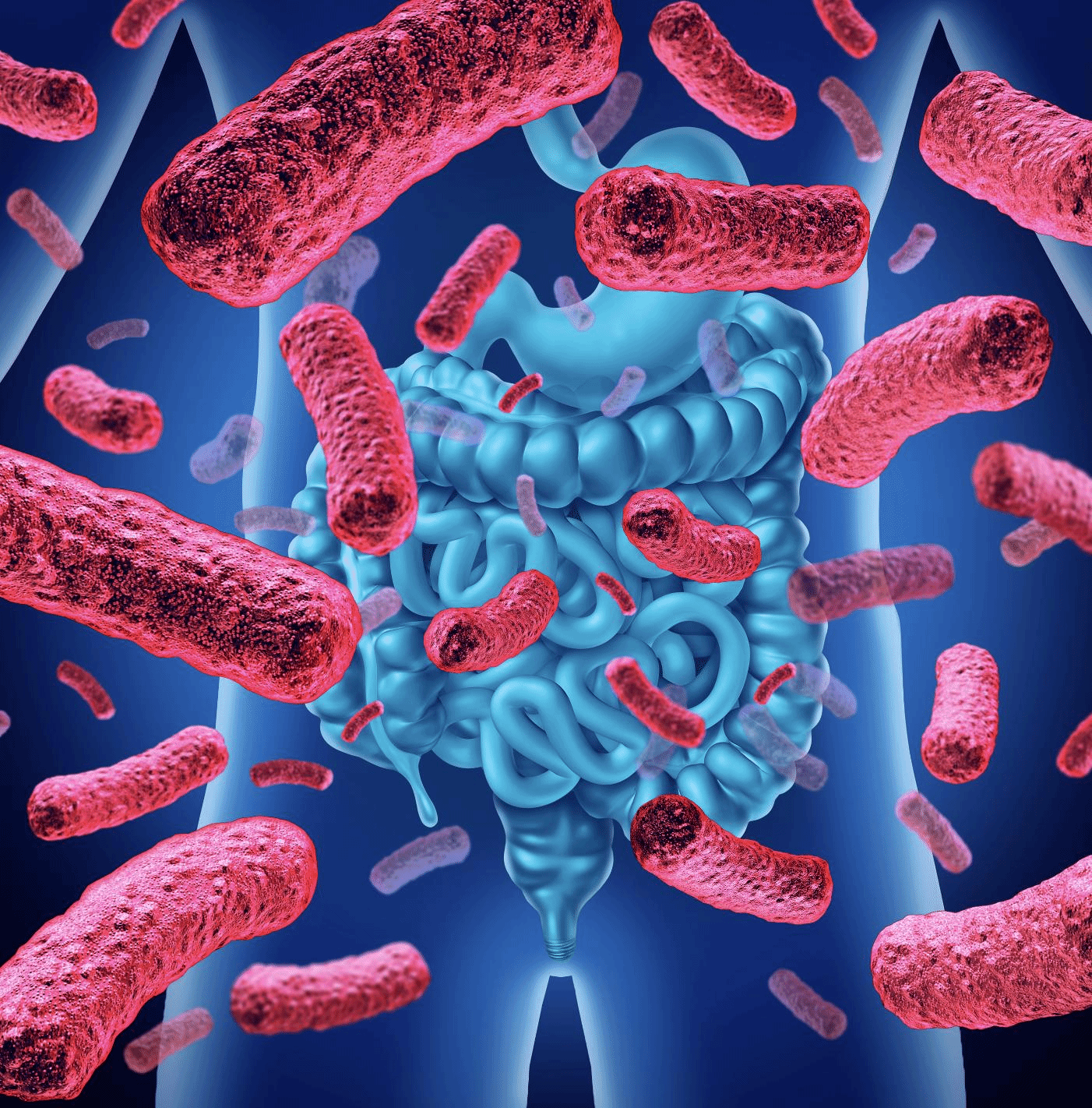
The human microbiome is a vast collection of microorganisms that coexist with the human host throughout their entire lifespan, from birth to death. These microorganisms play a crucial role in various diseases, ranging from obesity and allergies to diabetes, cancers, cardiovascular diseases, and neurological disorders. While they are distributed across different body positions, the majority of microorganisms reside in the gut. It is estimated that the number of microbial cells in the gut is similar to the number of cells in the human body. However, what sets the gut microbiome apart is its significantly larger number of genes, which is over 1000 times that of human genes. As a result, the gut microbiome has been referred to as the "second genome" or a new metabolic organ.
Understanding the composition and functions of the human microbiome, particularly the gut microbiome as well as their symbiosis, can provide profound insights into the dynamic roles of gut phenome and in return for understanding of human health and diseases. Numerous studies have highlighted the crucial role of the gut microbiome in maintaining overall health. For example, certain microbial species in the gut can influence the metabolism of dietary components, impacting the host's nutrient absorption and energy balance. Dysbiosis, an imbalance or disruption of the gut microbiome, has been associated with conditions such as obesity, inflammatory bowel disease, and even mental health disorders. This growing body of evidence underscores the significance of studying the human microbiome for a comprehensive understanding of human health and the potential development of targeted interventions.
At the Fudan Microbiome Center, our research efforts are primarily focused on the following research directions. Firstly, we aim to unravel the pathogenic roles of gut microbiome in common cardiometabolic or inflammatory diseases. By investigating the interactions between gut micro-organisms and host physiology, we strive to identify specific microbial components including trans-kingdom interaction, or mechanisms that contribute to the development of these diseases. Such knowledge can pave the way for innovative therapeutic strategies targeting the gut microbiome.
Secondly, we actively pursue the isolation and characterization of new candidate probiotic strains. Probiotics are beneficial microorganisms that, when administered in adequate amounts, confer health benefits to the host. Our goal is to identify and study novel probiotic strains that exhibit potential therapeutic properties based on combination of AI-aided culturomics and chemical microbiomics. These strains could be further developed and translated into practical applications, such as probiotic supplements or microbial-based therapies based on genetically enginnered bacteria.
Moreover, we are dedicated to improving existing therapeutic options by targeting the human microbiome. By understanding the complex interplay between microorganisms and diseases, we aim to develop innovative interventions that modulate the microbiome such as personalized nutritions to promote better health outcomes. This approach holds great promise for addressing various conditions and potentially reducing the burden of disease in the population.
Lastly, we seek to explore the potential of utilizing human microbiome data for disease and population stratification, with the ultimate aim of advancing personalized medicine. By analyzing and integrating microbiome information alongside other clinical and genetic data, we aim to identify microbial signatures that can aid in disease diagnosis, prognosis, and treatment selection using our omics data intergration and visualization server. This research direction has the potential to revolutionize healthcare practices and improve patient outcomes through tailored therapeutic approaches.
At the Fudan Microbiome Center, we believe that studying the human microbiome, particularly the gut microbiome, is pivotal for advancing our understanding of human health and diseases. By investigating its role in various conditions, exploring probiotic interventions, improving therapeutic strategies, and harnessing its potential for personalized medicine, we strive to make significant contributions to this rapidly evolving field.
See next page for details.